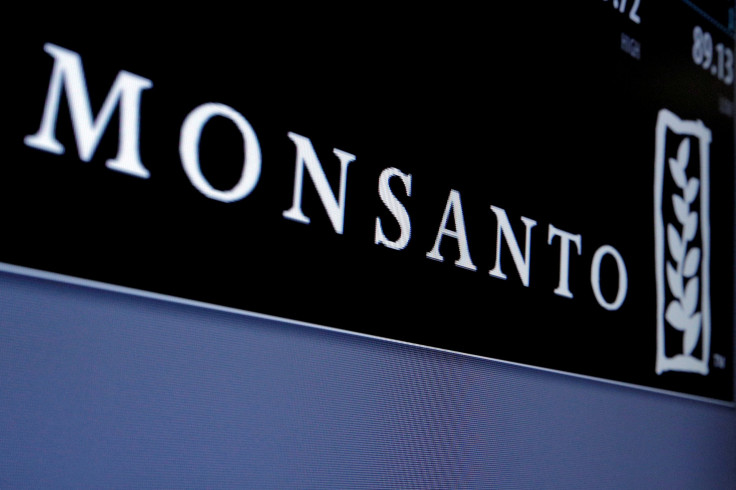Monsanto Controversy: Washington Sues Agrochemical Giant For PCB Pollution

The state of Washington on Thursday announced a lawsuit against agrochemical giant Monsanto over pollution from PCBs, the first instance in which the biotech company is being sued by a U.S. state.
Democratic Governor Jay Inslee and Attorney General Bob Ferguson announced the lawsuit — which seeks potentially hundreds of millions of dollars in cleanup costs — at a news conference in downtown Seattle Thursday afternoon.
“It is time to hold the sole U.S. manufacturer of PCBs accountable for the significant harm they have caused to our state,” said Ferguson, adding that the chemicals have continuously endangered the health of protected salmon and orcas even after the state spent the tens of millions of dollars cleaning up, the Associated Press (AP) reported. “Monsanto produced PCBs for decades while hiding what they knew about the toxic chemicals’ harm to human health and the environment.”
PCBs — or polychlorinated biphenyls — were used in many industrial and commercial applications like paint, coolants, sealants and hydraulic fluids, and produced by the St. Louis-based Monsanto between 1935 and 1979, when Congress banned them.
The damage, however, was already done.
The U.S. Environmental Protection Agency says PCBs have been shown cause a variety of health problems, including malfunctioning of immune, nervous and reproductive systems. A recent study looked at 286 Environmental Protection Agency reports in 20 states, including Washington, and found that almost 14 million schoolchildren are potentially unprotected from the chemicals, despite repeated attempts to clean up schools.
Ferguson stated that internal Monsanto documents showed the company knew about the danger associated with the chemicals as early as 1937, but maintained that they were safe. In a letter to New Jersey’s Department of Conservation in 1969, Monsanto wrote, “Based on available data, manufacturing and use experience, we do not believe PCBs to be seriously toxic.”
Other cities like Portland, Oregon; Oakland, Berkeley, San Jose, Long Beach and San Diego, California; as well as Spokane, Washington, have also sued Monsanto in the past. Those cases are ongoing, the Attorney General’s office said.
While Monsanto did not immediately respond to a request for comment by the AP on Thursday, its response to a similar lawsuit filed last year was that a previous incarnation of the company produced the PCBs, which “served an important fire protection and safety purpose.”
“PCBs sold at the time were a lawful and useful product that was then incorporated by third parties into other useful products,” Charla Lord, a company spokeswoman, reportedly wrote. “If improper disposal or other improper uses created the necessity for clean-up costs, then these other third parties would bear responsibility for these costs.”
© Copyright IBTimes 2024. All rights reserved.






















